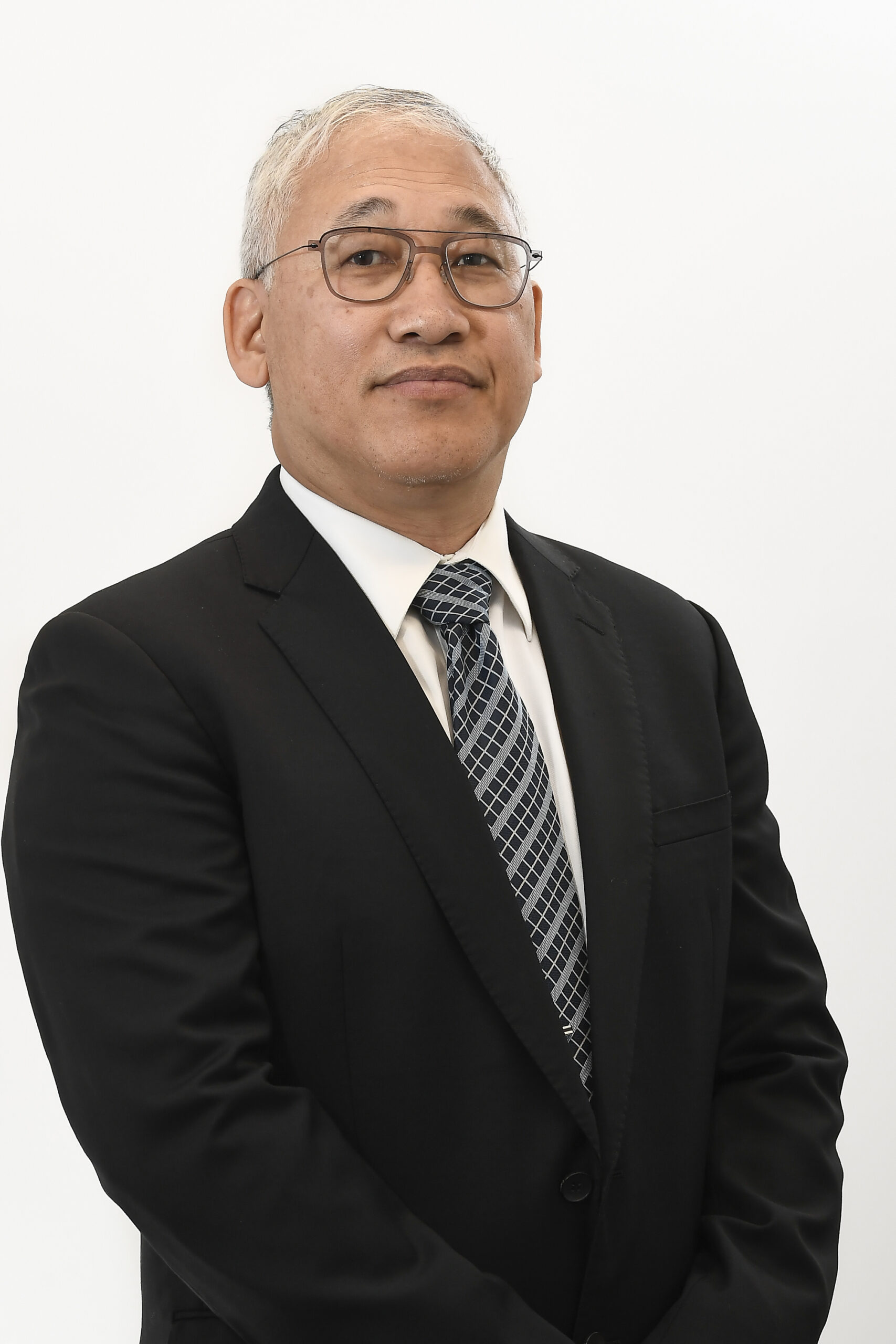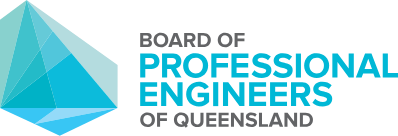04 Aug BPEQ 90th Anniversary: Celebrating Dr Burt Look
In 2020, BPEQ turns 90. To celebrate this milestone BPEQ is acknowledging the achievements, projects, innovations, discoveries and stories of RPEQs past and present.
Dr Burt Look (6880, Civil) is a longstanding RPEQ, having first been registered in 2004. This year’s Queen’s Birthday Honours saw Dr Look made a Member (OAM) in the General Division of the Order of Australia for services to geotechnical engineering.
In his 37-year career, Dr Look has become widely recognised in the areas of earthworks, expansive clays, landslides, ground improvement, buried pipes, risk assessment and site characterisation. He has introduced many innovations in testing and design in some of
these areas which have been widely adopted in various specifications and procedures within Queensland and Australia wide.
‘He has introduced many innovations in testing and design…’
An OAM is the latest plaudit received by Dr Look who in 2014 was the Queensland Professional Engineer of the year.
BPEQ congratulates Dr Look and we spoke with him in recognition of his accomplishment.
Congratulations on being made an OAM. How do feel about this achievement?
It is an honour to be recognised for this award. No one spends decades of effort for an award, as the doing is the enjoyment and reward. And then to be honoured for doing what one enjoys doing. I am grateful to the inspirational persons in my early days and the passionate people I have since worked with.

What first attracted you to a career in engineering?
I must confess I entered University without guidance and had not even spoken to a Civil Engineer. I enjoyed my two years of Applied Maths at ‘A’ levels. Once in the engineering flow, the attraction was the challenges and uniqueness of so many projects.
‘… I entered University without guidance and had not even spoken to a Civil Engineer.’
What project or service stands out to you as your crowning achievement as an engineer and why?
The Cooroy Bypass (Bruce Highway) in the early 90s has a special place. I worked at Main Roads while pursuing the PHD part time. The research on expansive clays reduced an associated high maintenance cost with specification enhancements.
During the 2011/ 2012 rainfall and flood events many landslides occurred. Assessment of such risks in that emergency response was fulfilling.
There is fulfillment in training and developing others and ‘my’ achievement in seeing former graduates independently delivering projects years later.
What skills does today’s engineer have to have?
We are trained on how and what to do with general models. Understanding the ‘why’ avoids the trap of ‘in my experience’ as each project has its unique model.
One does not become a perspicacious engineer overnight without having over 10,000 hours of experience after graduation. Be patient. Understanding that learning is forever.
Some specialisation is required, while increasing awareness of the interactions with associated disciplines. Turn problems into opportunities. Understanding other factors may govern an outcome and not one’s speciality. Accept the world may not revolve around you.
What are the main challenges facing the profession today?
‘Training’ after University is now almost mandatory. In a commercial world this is now a large overhead cost for an extended period.
By about 2000 we (as an industry) have only ‘successful projects’ being mentioned. Lessons learnt on what went wrong is seldom mentioned for legal reasons. This means the mistakes of the past will be repeated.
Analytical computer models are mandatory to provide insights but do not solve the problem. This engineering judgment is on the down trend and not recognising that precision and accuracy are not the same.
Do you think the public understand what engineers do?
The public believes things just work. Awareness is raised only when something goes wrong and is newsworthy. Most engineering work is not sexy enough to create a television series as with lawyers or doctors. Yet Engineers directly provide wide scale health benefits by having clean water, disposal of waste and generating the electricity to store pharmaceutical drugs and for food storage. We provide the infrastructure for society to advance.
As engineers we have the satisfaction of seeing thoughts emerge into a reality. The public do not understand the many ways engineering shapes and elevates living standards.
Victoria and NSW are following Queensland’s lead and creating registration schemes for engineers. Do you think registration is beneficial for the profession and the public?
Registration of engineers does help with public trust with its legal status. Within the engineering profession this helps with accountability. I do not believe registration by itself will lead to a better product but accountability does provide its own metric.
This year is a celebration of the achievements, projects, innovations, discoveries and stories of RPEQs past and present. BPEQ encourages RPEQs to share their thoughts –
• What are some of Queensland’s great engineering feats?
• Who was the RPEQ/s who helped deliver the project?
• Are there unsung heroes in the profession?
To have your say contact BPEQ at admin@bpeq.qld.gov.au.

 MY ACCOUNT
MY ACCOUNT
